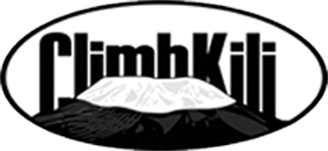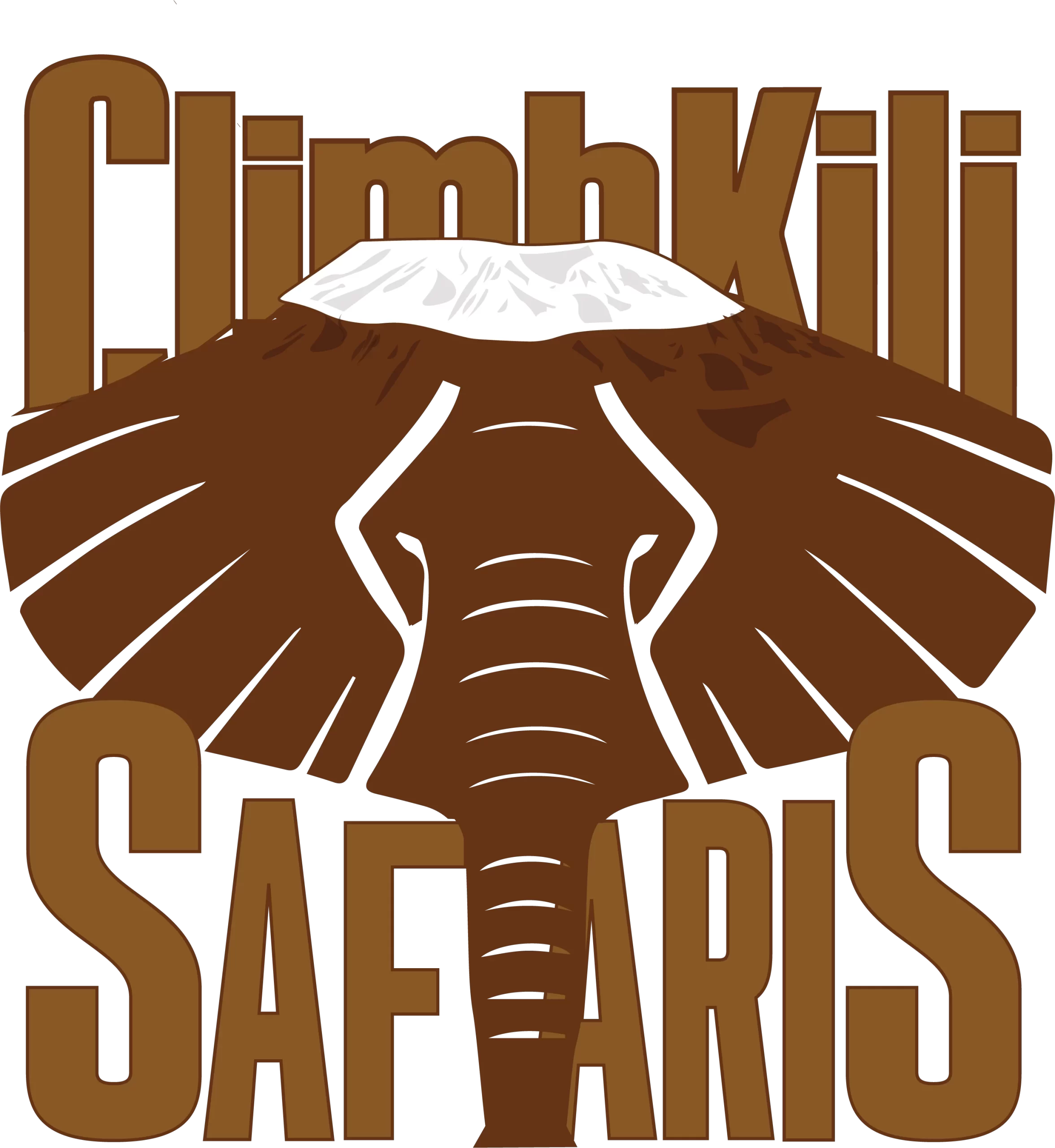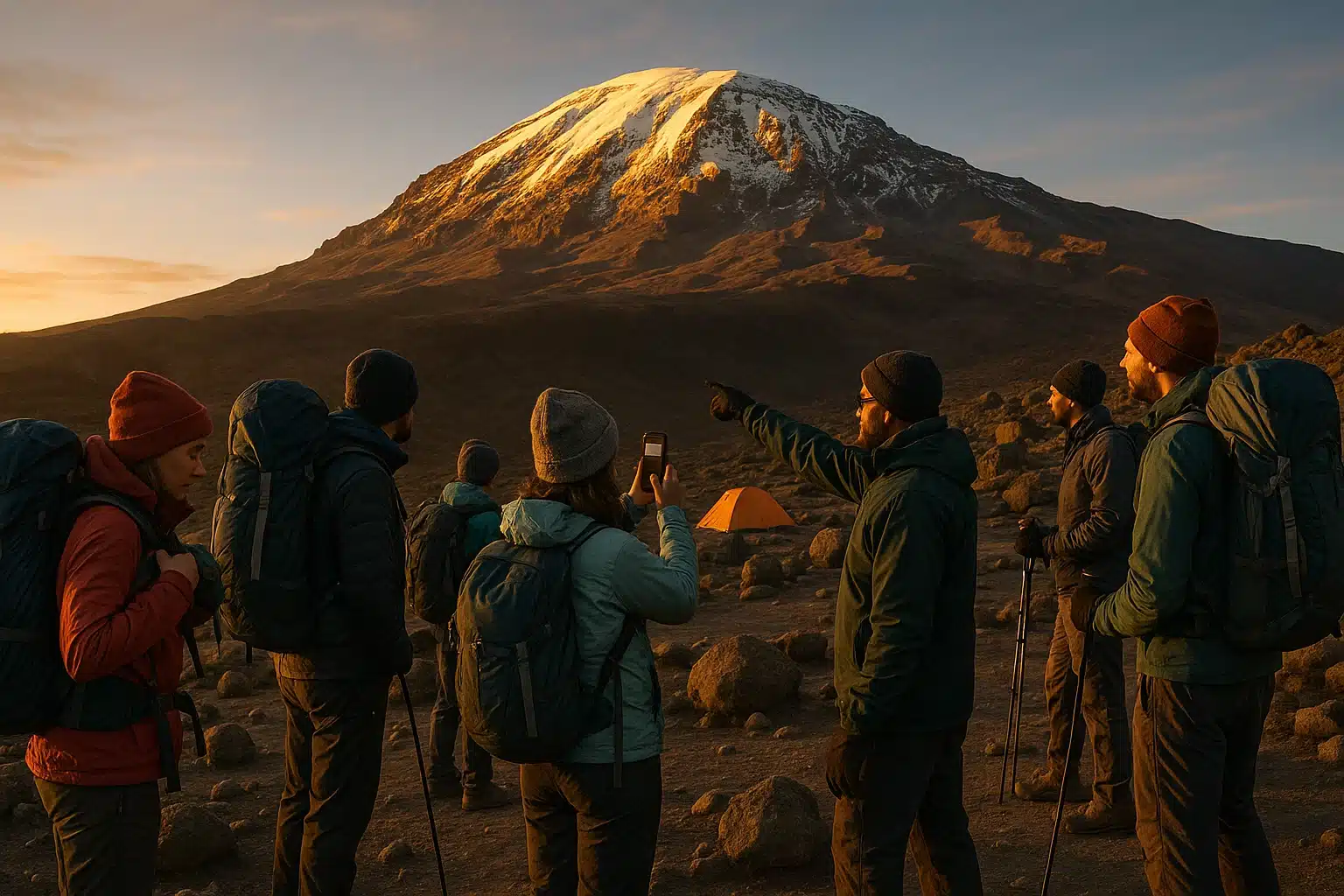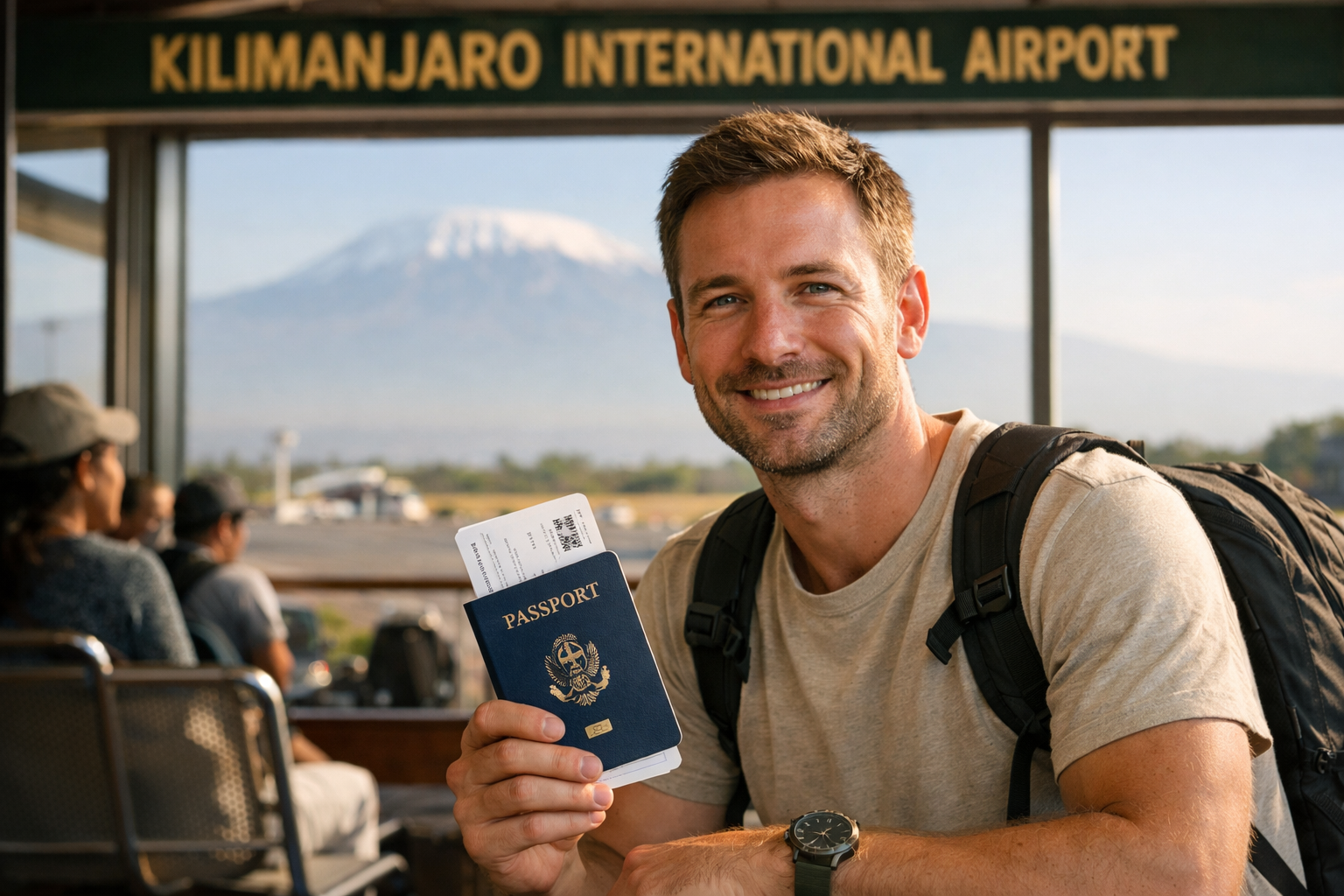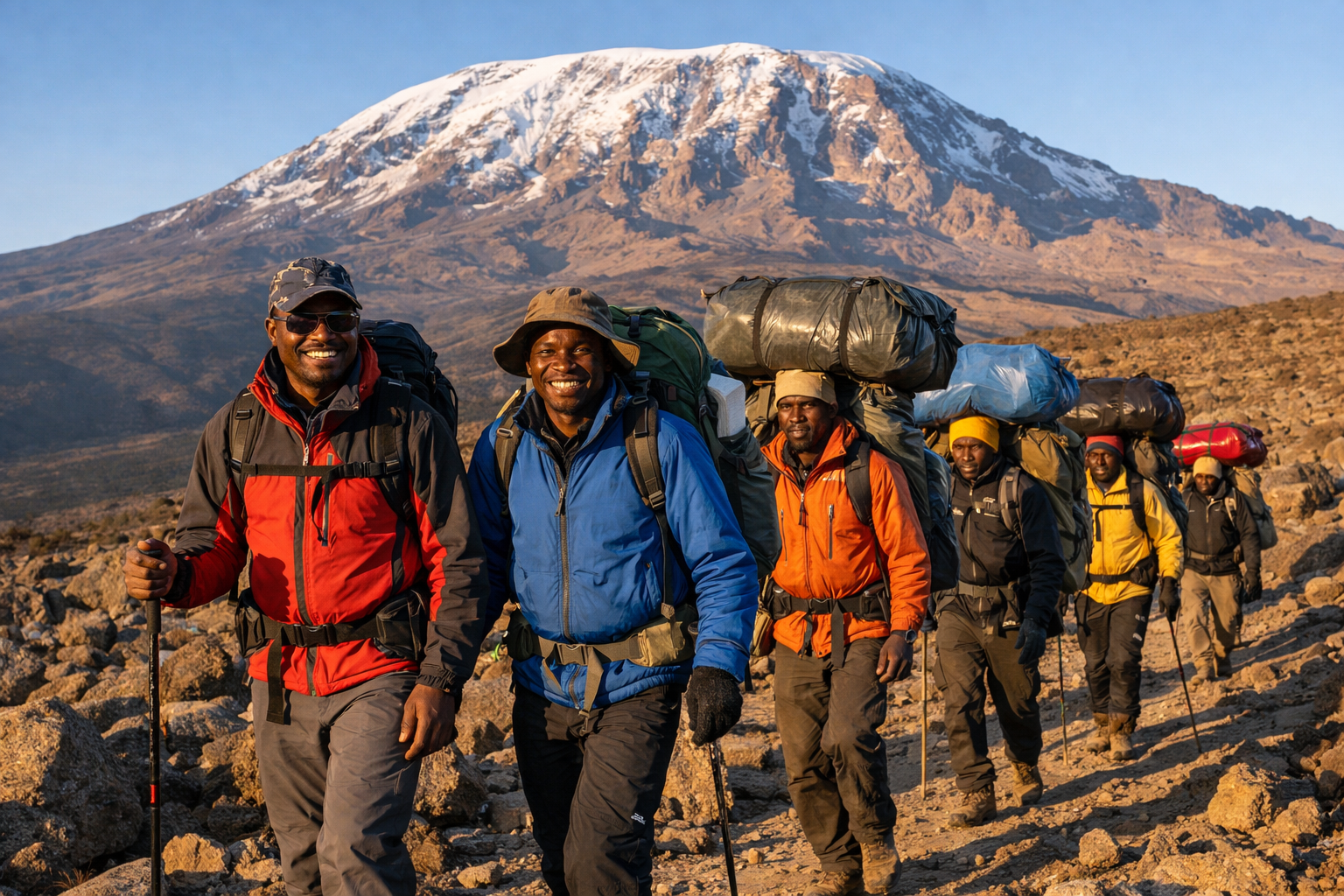Climbing Mount Kilimanjaro is one of the most life-changing experiences you can have—but there are a few things I wish someone had told me before I laced up my boots and took that first step toward Uhuru Peak. If you’re planning your trek or just dreaming about it, here are six lessons that can help you climb smarter, acclimate better, and summit stronger.
1. Altitude Will Affect You

I trained hard before Kilimanjaro. Stairmaster sessions, long hikes, and weekend treks with a weighted pack. But no matter how fit you are, altitude is the great equalizer.
Kilimanjaro stands at 19,341 feet (5,895 meters), and the higher you go, the thinner the air becomes. Altitude sickness can hit anyone—regardless of age, fitness, or experience.
What I Wish I Knew:
It’s not about being the fastest. It’s about pacing yourself, drinking plenty of water, and choosing the right itinerary. Climb Kili offers 8-day Lemosho and 7-day Machame routes—both designed with acclimatization in mind. The use of Kosovo Camp as a high camp helps you adjust before the final summit push.
📌 Internal Link Suggestion: Training for Kilimanjaro – Build Endurance the Smart Way
2. Not All Gear is Equal (and You Don’t Need to Overpack)

I spent weeks obsessing over gear lists—and still forgot a few essentials. Some items (like good base layers and waterproof gloves) made a huge difference. Others (bulky flashlights, too many snacks) never left my duffel.
What I Wish I Knew:
You don’t need to bring the kitchen sink. Rentals are available for bigger items (like sleeping bags and jackets), and Climb Kili provides tents, mats, and meals. Focus on layering, pack quality over quantity, and check the Kilimanjaro Packing Essentials: Gear Up for Success blog.
✅ Pro Tip: Break in your boots before the trek. Blisters at 15,000 feet are not fun.
3. Summit Night is No Joke—But It’s Worth It

Summit night was the most physically and mentally intense thing I’ve ever done. You leave camp around midnight, walking slowly under the stars with headlamps leading the way. It’s cold, steep, and quiet. But when the sun rises and you see the roof of Africa glowing ahead—it’s magic.
What I Wish I Knew:
Kosovo Camp (used by Climb Kili) shortens the summit push by 1–2 hours. That extra rest matters. I also wish I had practiced mental stamina as much as physical endurance. Positive self-talk, deep breathing, and trusting the process kept me moving forward.
4. Your Mountain Crew Makes the Difference

You may be walking up that mountain on your own two feet—but no one climbs Kilimanjaro alone. Behind every successful summit is an incredible team of guides, porters, and cooks who carry gear, set up camp, cook hot meals, and cheer you on every step of the way.
What I Wish I Knew:
The crew becomes your trail family. Learn their names, ask their stories, share a laugh at dinner. They’ll lift your pack, your spirits, and sometimes your soul. Climb Kili’s team is KPAP-certified, ensuring ethical treatment and fair wages.
5. You’ll Bond With Strangers Faster Than Expected

I arrived solo, slightly nervous. But within 48 hours, our group felt like a team. Sharing stories on the trail, laughing over tea at camp, encouraging each other during tough stretches—it was instant connection.
What I Wish I Knew:
Small groups (like Climb Kili’s max of 6–8) make a huge difference. You’re not lost in a crowd, and you get to share the journey without feeling like just another hiker. Many of us still keep in touch today.
📌 Related Blog: Why Solo Travelers Keep Choosing Kilimanjaro
6. The Mountain Will Change You

This climb isn’t just physical—it’s transformational. Somewhere between the first forested steps and the final breathless steps to Uhuru Peak, you start to shed doubt, fear, and distraction. You climb the mountain—and discover a deeper part of yourself along the way.
What I Wish I Knew:
You don’t come down the same person. There’s clarity that comes with the altitude, gratitude in the challenge, and power in doing something that once felt impossible.
Final Thoughts
Kilimanjaro isn’t easy—but it is achievable, especially with the right mindset, preparation, and support. If you’re considering the climb, know that it’s not about being fearless—it’s about being curious, open, and committed to the climb.
Let these six insights guide you, and you’ll be one step closer to the summit—and to a story you’ll never forget.
Tutaonana juu ya mlima (See you on the mountain) 💚🏔️
